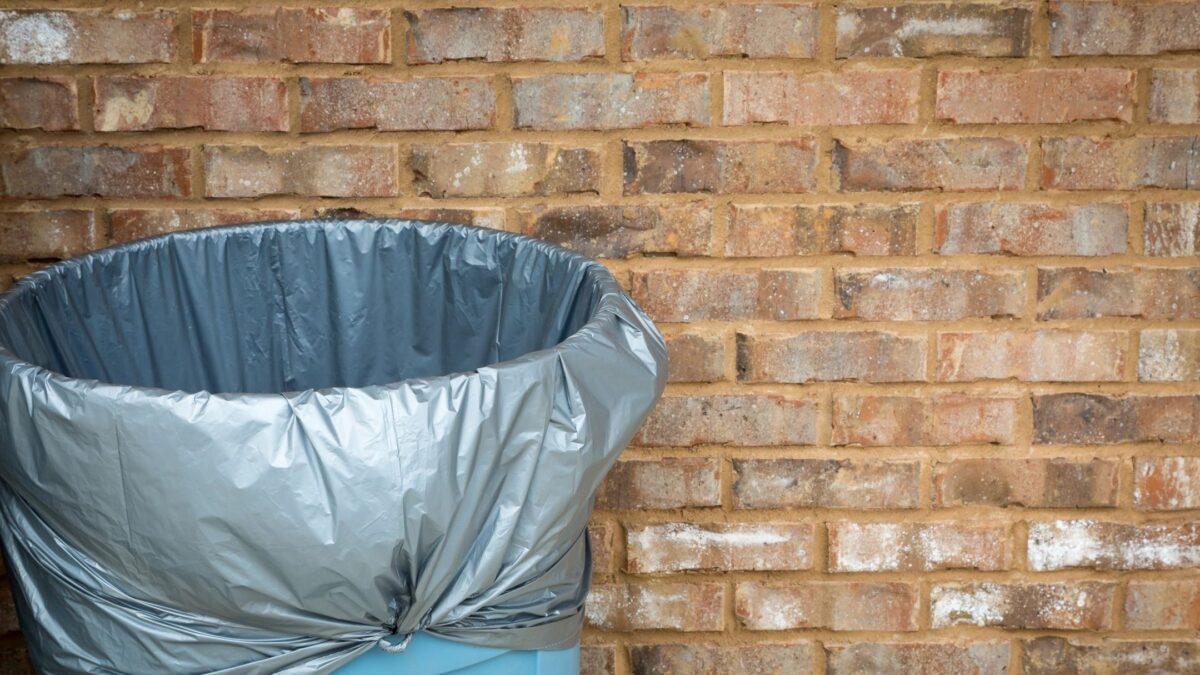Emergencies aren’t situations we like to think about, but they really can happen to anyone whenever the stars align. And when you’ve just moved into a new home, they’re much more likely to happen! Sure, you can do a lot of prep work to make sure your home is ready for most things, but you can never quite hold back the tide (sometimes literally!).
As such, it’s best to have an action plan ready to go if disaster, accident, or emergency strike. You’ll thank yourself for the effort you do now if anything happens in the future. With that in mind, here are the main steps to take to recover after something dangerous happens to your home.

Look at Your Budget
Your household budget is the main thing that’s going to come under fire when emergencies strike. It’s why it’s best to have an emergency fund in place; if you’ve got a pot to dip into when something bad occurs, you won’t have to spend all your life savings on making things right again.
But how much should you save? And how long should you save for? In all, it’s best to have around 6 months of your household salary in the pot. If you and a partner live together, combine your incomes here to build this fund out to its best extent. Try to make deposits once a month or at least 4 times a year for the best success at making your budget grow.
Get a Professional to Check Things Over
Calling in professionals is a good idea when you’re not sure how far down the damage goes. If your house has been flooded out, for example, getting someone experienced to check the integrity of your foundation and walls is a great first call to make. As long as you get the all clear, you can move back in and start rebuilding your home to its former glory.
While you’ve got an expert on site, you could also ask for advice on how to prepare for and guard against things like this happening in the future. If you’re able to prevent any extensive damage from affecting your home again, it’s going to be a lot cheaper to deal with any and all kinds of emergencies.
Prioritize What You Need to Replace
When an emergency happens, it can be easy to focus on the small details. Maybe a favorite item of furniture got damaged, or is going to be expensive to repair? And while that is a tragedy, it’s not the most important thing to occupy your mind here. You need to prioritize; here’s an example:
If you’ve got a cracked window, or it’s even been blown in by a tree during a storm, it’s going to take precedence over replacing your bedspread or any other furniture. Indeed, it’s best to get a handcrafted window replacement put in as soon as possible, to make sure the window itself is well fitted and you don’t have to deal with the outside elements.
And once the structural strength of your home has been reinforced, you can then look to the interior and see what needs to happen next. As long as your four walls are still up and the windows and doors still provide the right amount of security, you’ll be able to face whatever needs to happen next.
Dispose of Broken Items Safely
If anything got broken during the emergency, this is the biggest thing you’ll have to do. Clearing your home of dangerous elements is the best way to make yourself feel better too; if you’ve got a dog or cat or kids that need to come home too, a tidy floor will give you plenty of peace of mind.
Be careful when disposing of broken items when they have cables and a potential electric charge attached. Make sure they’re unplugged, dry and away from any exposed water, and even wear a pair of electrical safety gloves if need be. You could also call in a removal team to get the worst of this kind of debris out of the house – it’s always better to be safe than sorry.
If you’re keen to prepare for disaster within your home, make sure you have emergency preparedness at the top of the list. Knowing how to react quickly and not lose your head is the best way to face anything life can throw at you. And as a homeowner, most of the work is in your reflexes!
















